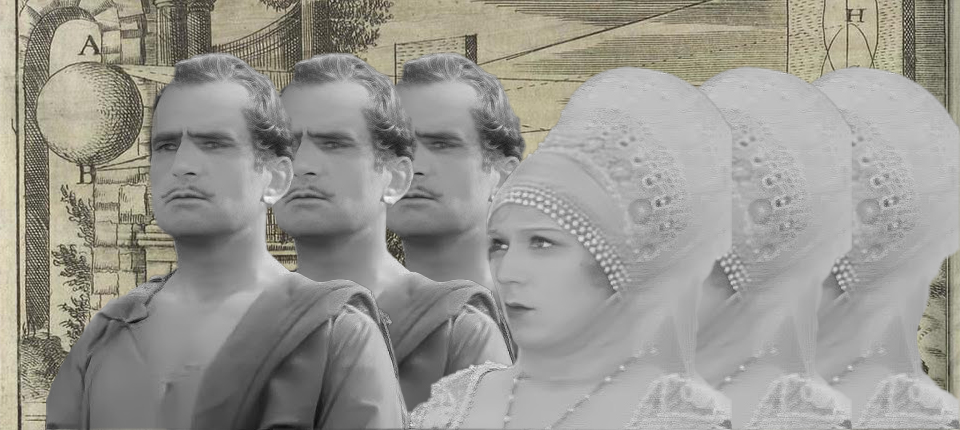Literary theory, or at least the “high” theory of the 1970s and 1980s, no longer enjoys the hegemonic status it once did. This owes less to the diatribes of hostile outsiders such as Jordan Peterson – who recently claimed that theory’s apostles, such as Jacques Derrida and Julia Kristeva, are responsible for the rise of “wokeness” – and more to changing fashions within the academy. Those associated with “postcritique”, spearheaded by the academic Rita Felski, have attacked what they see as literary theory’s excessively oppositional attitude. This, they say, has produced a field that is all critique and no appreciation. Those of a more romantic temperament have sought to reassert a formalism that theory displaced.
Florent Coste’s new book is billed as an intervention on the side of theory. As might be expected of a work that is self- consciously more polemic than treatise, its tone is relentlessly combative. The primary target is the “literary parliamentarianism” practised by “centrist” and “liberal” critics such as Antoine Compagnon and Martha Nussbaum. By this he means theory-sceptical approaches to literary texts that claim to be somehow free of ideological bias.
Convincingly, Coste shows how this is rarely the case, and how such approaches often serve as camouflage for conservative attempts to return literary studies to a pre-theoretical idyll. At the same time, he never marshals a convincing or sustained argument against his opponents. The putative errors of Compagnon and his peers are more asserted than explained. This is also true of the author’s own, ostensibly pro-theory argument: bar the occasional nod to Marxism, Bourdieusian sociology and cultural studies, his precise position is never made clear. There is some interesting discussion of what Coste calls a “linguistic socialism”, but this remains underdeveloped. Instead we are presented with general statements with which his “liberal” targets would probably, in fact, agree: that authorial intention is not everything; that we shouldn’t fetishize individual genius; and that language is an inherently social phenomenon.
More broadly, and in contrast to others such as Edward Said and Terry Eagleton, who have sought to defend it, Coste fails meaningfully to question literary theory’s complex relationship to the context from which it emerged and flourished. As Eagleton has pointed out, theory’s heyday coincided with the rise of neoliberalism, whose depoliticizing thrust it may have ended up abetting through its vigorous assault on grand narratives and the individual subject.
L’ordinaire de la Littérature: Que peut (encore) la théorie littéraire eschews such uncomfortable issues, probably because they might trouble the binary opposition between theory – or what is really a kind of ill-defined Marxism – and the literary-critical “liberalism” on which the book depends. Tant pis: literary theory could do with defenders these days, but it will need stronger ones than Coste.
The post Opposing sides appeared first on TLS.

 By Times Literary Supplement | Created at 2024-10-29 21:41:40 | Updated at 2024-10-30 19:20:39
2 weeks ago
By Times Literary Supplement | Created at 2024-10-29 21:41:40 | Updated at 2024-10-30 19:20:39
2 weeks ago



